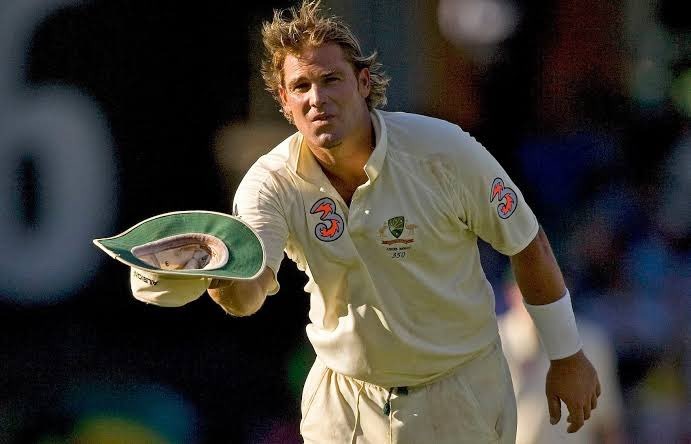
Two years since Shane Warne left the world. Two years of a void. Of missing the magician. His voice and his art.
The cricket world called him a magician. He could do anything with the cricket ball. But the only spin he couldn’t control was that of life. World cricket was poorer with Warne no more at 52. A man of incredible talent, he was born blessed. He could do unimaginable things with the ball on the field. Win games and stun opponents. Bowl the Ball of the Century and win Australia many a match single-handedly. But in doing all of this, he perhaps let go of the discipline that his body needed.
Warne was forever opinionated and vocal. From stating that Indian internationals expected preferential treatment during the first season of the IPL, to arguing that it was Steve Waugh’s unilateral decision to enforce the follow-on in the second Test against India at the Eden Gardens in the 2001 series that cost Australia the game, Warne was a story without any filters.
In fact, he was tempted to play the IPL when Manoj Badale, the Rajasthan co-owner, managed to touch a real raw nerve – captaincy. It was only when Badale said that the IPL was a platform for Warne to show the world that he was the best captain never to lead Australia that he got convinced about coming to India to lead the Royals. His leadership philosophy, aggressive and inspirational, added to the Warne aura. The way he polished Ravindra Jadeja and encouraged him to become a better player was exactly how captains should nurture youngsters and get the best out of them.
For the Latest Sports News: Click Here
A man with a big heart, he never stopped lavishing praise on his opponents when they managed to outplay him. One such occasion was that 2001 Test match in Kolkata. While Warne argued that it was Waugh’s tactical mistake that cost Australia the game, at no point did he take any credit away from VVS Laxman and Rahul Dravid. In fact, he stated that Laxman’s innings was an act of genius and despite throwing everything he had at Laxman and Dravid for a good part of two days, the Australians went without a wicket.
A genius, he could change matches from any situation. The 1996 and 1999 World Cups are examples. Just as South Africa looked in control in the 1999 World Cup semi-final, Warne stepped up with his magic to change things completely. He bowled a spell of a lifetime to get Australia to the final. Even when he was past his prime and had retired from international cricket, he could do magic with the ball. The IPL was witness to his wizardry when he won Rajasthan Royals the title in the inaugural year in 2008.
With Warne, you had two things – unparalleled self-belief and the zeal to never be second best. He just knew how to win. He knew how to get out of tough situations and get the best out of his boys. He knew how to bowl the best in impossible situations and up his game when it mattered the most. Even in the commentary box, he was a whiff of fresh air. A man with a tremendous sense of humour, Warne could light up a conclave or an informal discussion in a manner few could ever imagine. That’s why he was an unrivalled genius.
When we celebrate him today on his second death anniversary, we must remember that for all the talent, he also worked the hardest, something profoundly evident from his autobiography. On the cricket field, Warne never resorted to a shortcut. From conceding 200 runs in his first Test against India to picking up over 700 Test wickets in his career, he saw it all. And in the process, established himself as one of the biggest match-winners ever the sport has seen. That’s why world cricket is still in shock. And each death anniversary, that numbness resurfaces. Cricket lost one of its greatest devotees and is poorer for it. Warne is no more, but the 22 yards will never forget him.
Also Read: Few notable Away series wins in Test cricket post Covid pandemic



